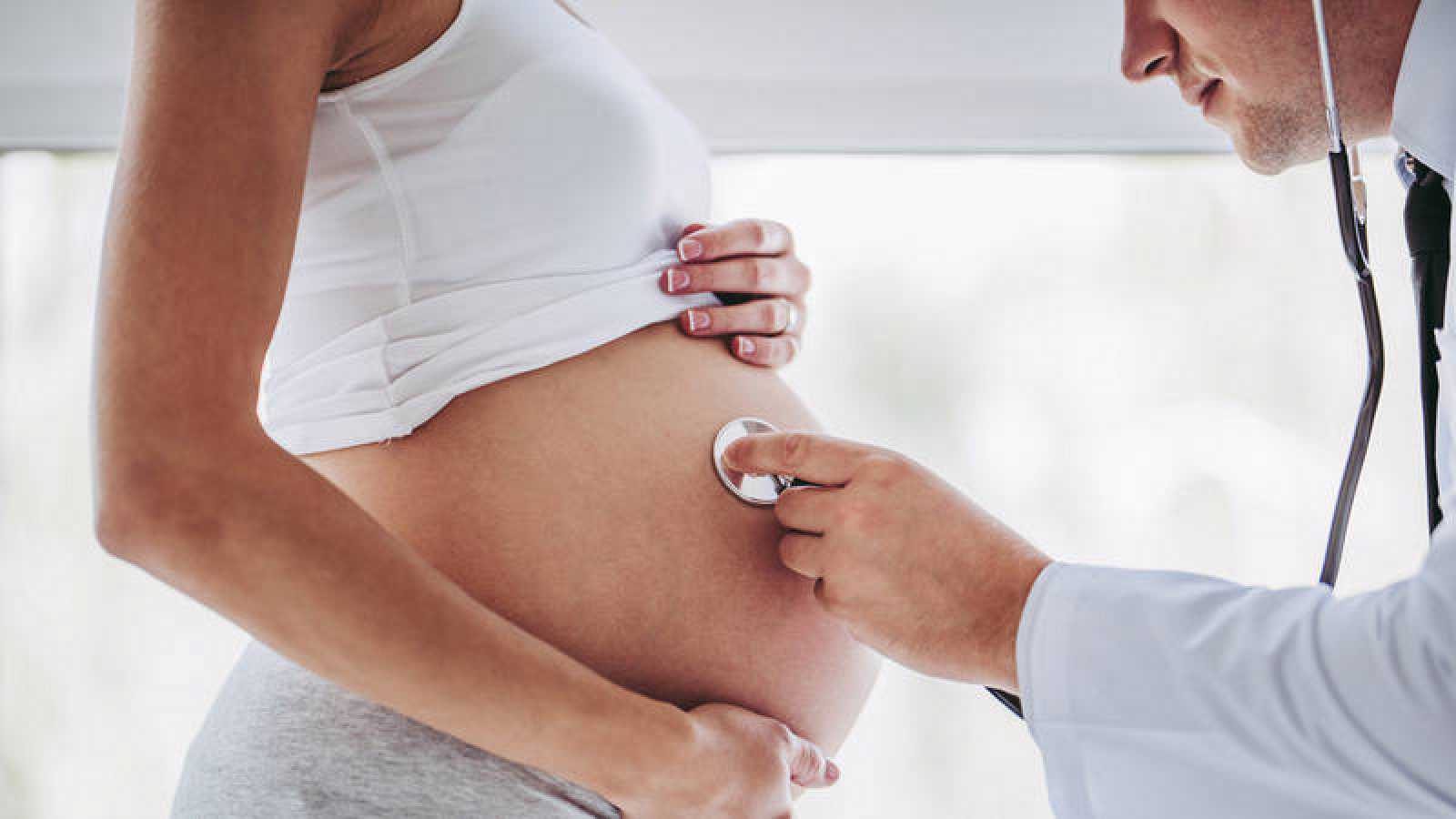Hyperthyroidism In Pregnancy
Hyperthyroidism in pregnancy – Thyroid dysfunction changes in how well your thyroid gland works can start during or after pregnancy in women who never had thyroid problems before. This occurs because pregnancy causes major changes in the levels of hormones made in the thyroid gland. Let us know more below about hyperthyroidism in pregnancy.

Fortunately, hyperthyroidism in pregnancy is not common. There are few symptoms that can help out to detect that is feeling too warm, tired, or anxious. it is a riskful condition for both baby and mother if diagnosed with thyroid and treatment process is a must. High blood pressure can be the result of overactive thyroid diseases. There is also an increased risk of miscarriage, premature birth, and having a baby with low birth weight.
What are the symptoms of maternal hyperthyroidism?
Symptoms of hyperthyroidism include:
- Feeling too hot when others are comfortable
- Rapid heartbeat
- Trembling hands
- Weight loss even though you eat enough
- Tiredness and/or trouble sleeping
- Feeling irritable and anxious
What causes maternal hyperthyroidism?
Graves’ disease is one of the causes of overactive thyroid in pregnant women. This disease occurs when your immune system becomes overactive and forms antibodies (immune proteins) that attack the thyroid. This causes the gland to enlarge and make too much thyroid hormone. Thyroid diseases can be easily get detected before one gets pregnant and can completely cure that with proper medications.
Some women who are expecting twins or suffering from severe nausea and vomiting may get temporary thyroid problems. This hyperthyroidism is due to high levels of a pregnancy hormone called human chorionic gonadotropin or hCG.
How is hyperthyroidism found?
Before pregnancy, many women find out they are hyperthyroid. To detect hyperthyroidism, your doctor does a physical exam and orders blood tests to measure your thyroid hormone levels. Low TSH levels plus high levels of T4 (also called thyroxine) indicate hyperthyroidism.
Another test for hyperthyroidism is the radioactive iodine uptake test. Pregnant and breastfeeding women should not have this test, so tell your doctor if you are expecting or nursing. This test measures how much iodine your thyroid absorbs. The thyroid uses iodine to make thyroid hormone.
Treatment of Thyroid Disease in Pregnancy
This medication propylthiouracil (PTU) is usually given during the first trimester, and if necessary, methimazole can be used, after the first trimester. In rare cases in which women do not respond to these medications or have side effects from the therapies, surgery to remove part of the thyroid may be necessary. after you give birth, and your doctor may need to increase the dose of medication it can get worse in the first three months post-delivery.
Hypothyroidism is treated with a synthetic (man-made) hormone called levothyroxine, which is similar to the hormone T4 made by the thyroid. At the diagnosis of pregnancy, your doctor will adjust the dose of your levothyroxine and will continue to monitor your thyroid function tests every 4-6 weeks during pregnancy.
It is always important to notify your doctor as soon as you know you are pregnant (if having hypothyroidism and are taking levothyroxine) this is to adjust the dosage of the medicine accordingly to accommodate the increase in thyroid hormone replacement required during pregnancy.
Conclusion
The entire information is all about hyperthyroidism in pregnancy, one needs to be aware of thyroid symptoms if pregnant or about to conceive. To get the diseases diagnosed is extremely important for both baby and mother. If the treatment gets ignored that this might turn dangerous bor both. The doctors st the dosage of the medicine accordingly and with this hypothyroid or hyperthyroid can be cured easily. Go through the entire details to get aware of hyperthyroidism in pregnancy.



